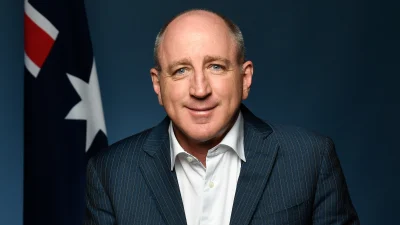Regulatory relief for IPOs


Regulatory relief has been issued to help reduce red tape for companies undertaking an initial public offering (IPO), following public consultation from the Australian Securities and Investment Commission (ASIC).
ASIC Corporations (Amendment) Instrument 2020/721 amended ASIC Class Order [CO 13/520] to “facilitate voluntary escrow arrangements under an IPO so that the relevant interests of an issuer, professional underwriter or lead manager arising from the escrow agreement is disregarded for the purposes of the takeover provisions but not the substantial holding provisions in the Corporations Act 2001”.
ASIC Corporations (IPO Communications) Instrument 2020/722 facilitated non-promotional communications to security holders and employees of a company proposing to undertake an IPO prior to lodging a disclosure document with ASIC.
Cathie Armour, ASIC commissioner, said: “Given the significant costs involved in undertaking an IPO, our new legislative relief will help reduce the regulatory costs for companies considering going public, while upholding an orderly and transparent market”.
ASIC had also updated its guidance for two regulatory guides (RG):
- RG 5 Relevant Interests and Substantial Holding Notices in relation to voluntary escrow arrangements; and
- RG 254 Offering securities under a disclosure document in relation to advertising and publicity for offers of securities that required a disclosure document.
These RGs provided guidance on the circumstances under which an issuer could rely on ASIC’s relief.
ASIC would continue to consider individual relief applications in relation to voluntary escrow arrangements and pre-prospectus communications for those situations outside of the legislative relief.
ASIC had also today published Report 667 ‘Response to submissions on CP 328 Initial public offers: Relief for voluntary escrow arrangements and pre-prospectus communications to security holders and employees’ which highlighted key issues arising from the submissions.
Recommended for you
The funds management space has seen a multitude of senior people moves throughout 2024, including several CEO appointments and exits.
Money Management looks back at the significant ETF launches of the year, with new offerings from providers like BlackRock, Global X, Betashares and Macquarie, among others.
Grant Hackett has been promoted from CEO of Generation Life to head up the wider Generation Development Group.
Tribeca Investment Partners has made a distribution hire from Australian Ethical in a newly-created role focused on the national intermediary market.















